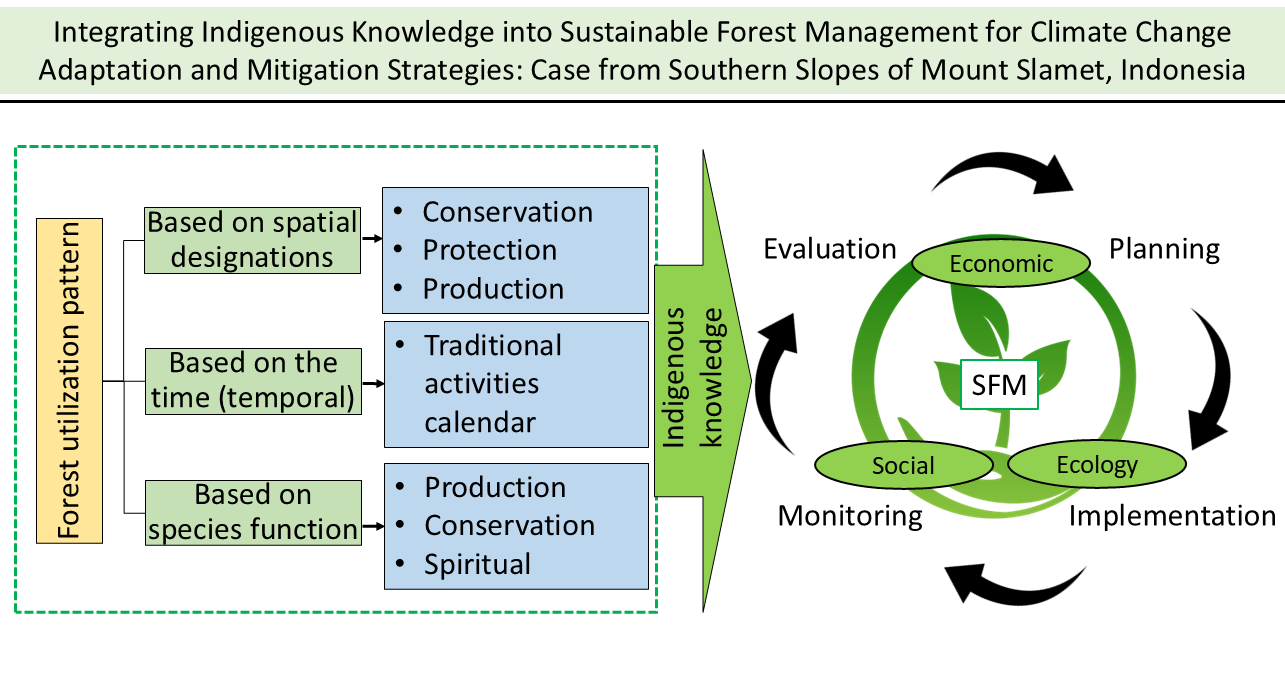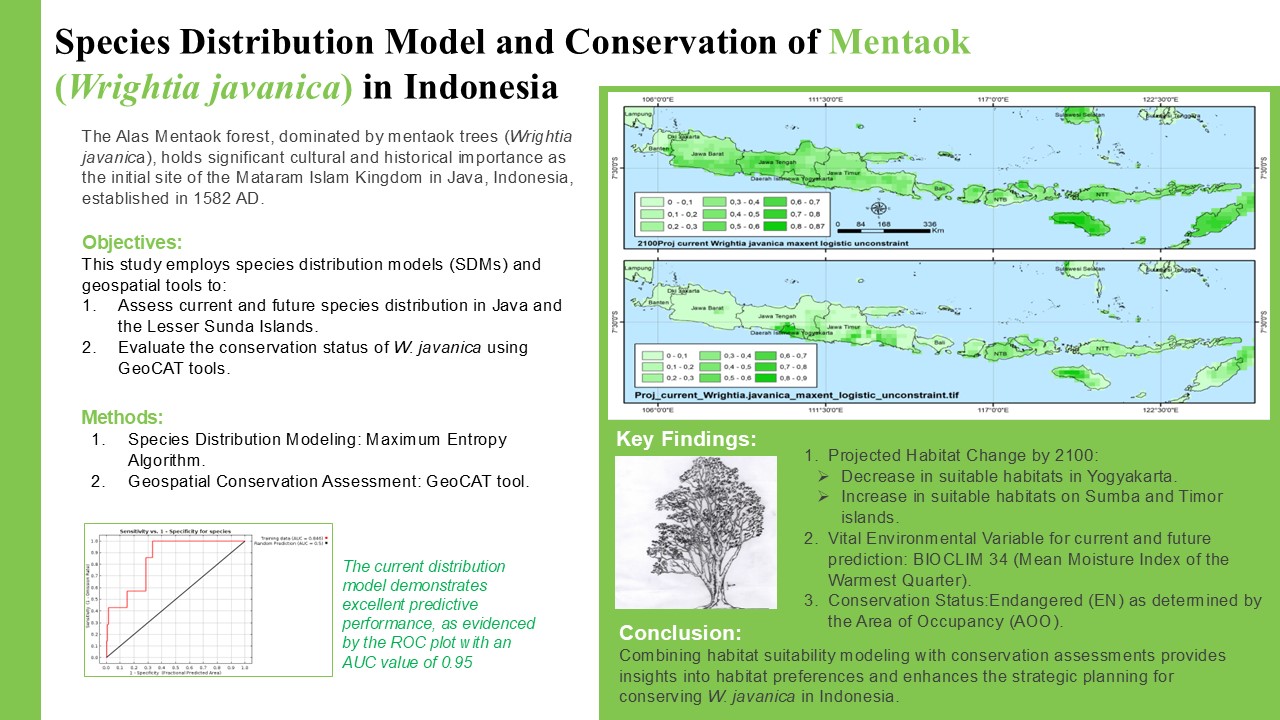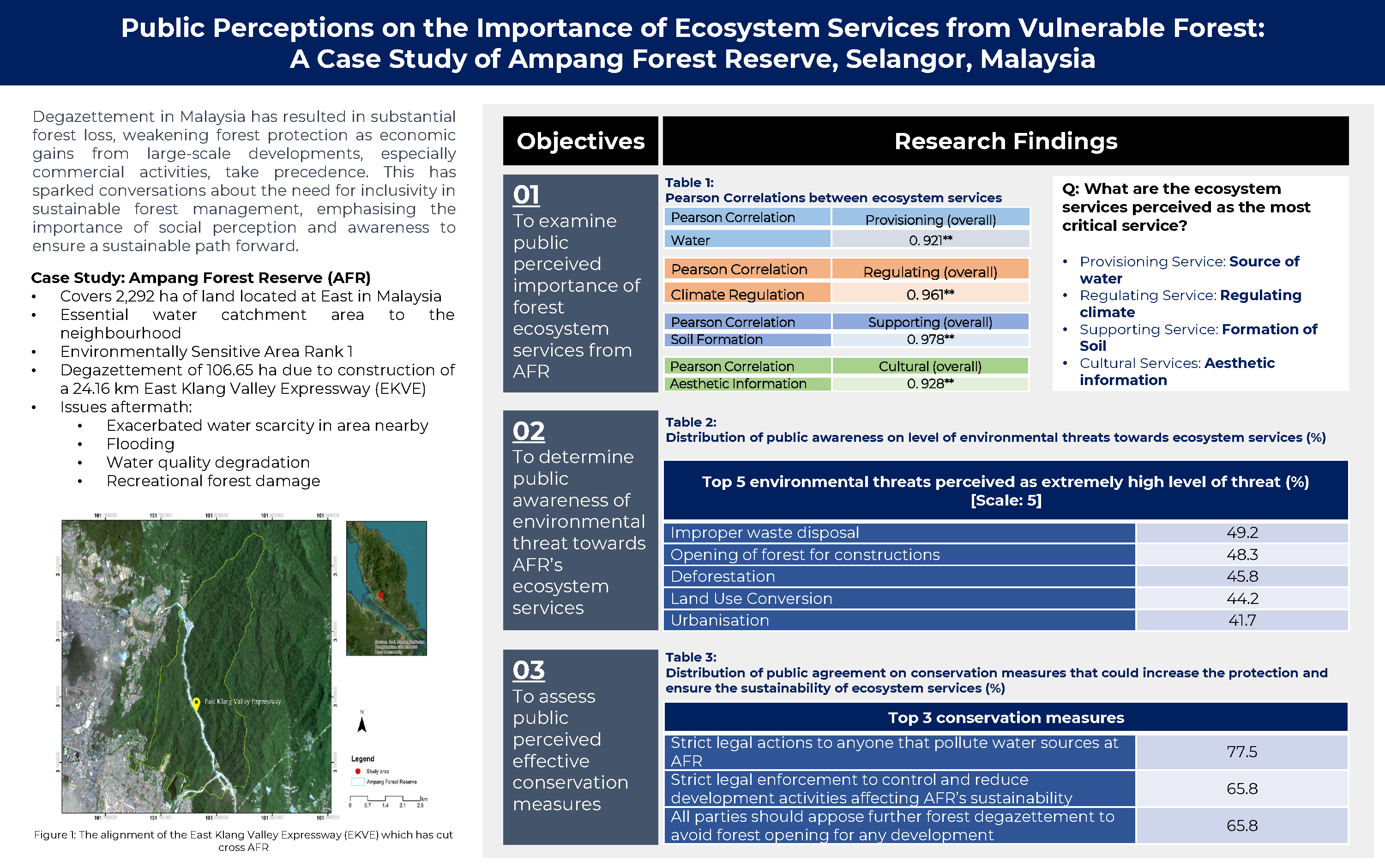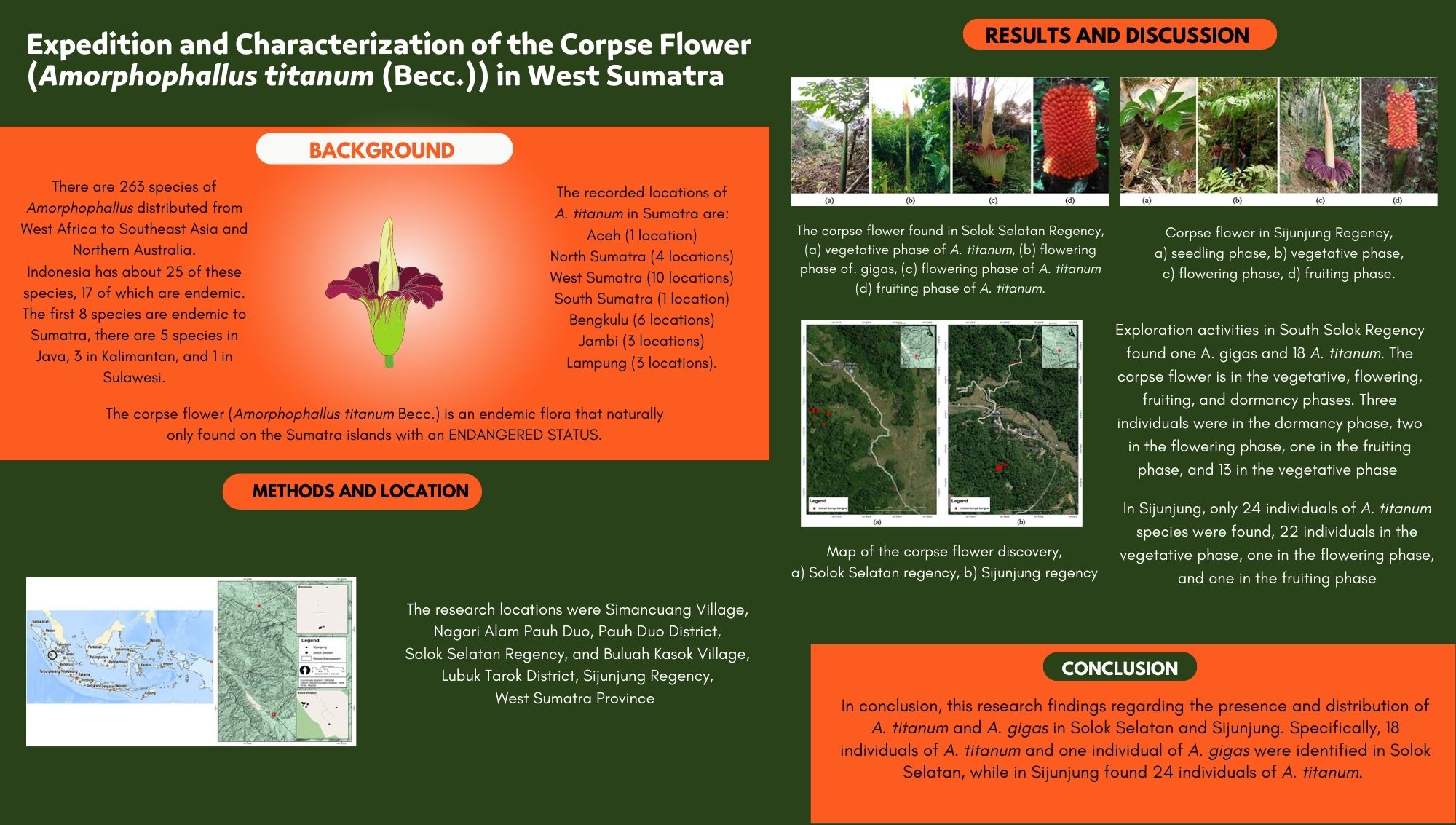Index of Cultural Significance as a Potential Tool for Conservation of Plants Diversity by Communities in The Kerinci Seblat National Park
Abstract
Kerinci community is one of the Indonesian indigenous people who live in Kerinci regency, Jambi Province. They have the local knowledge of the surrounding vegetation that has become a cultural unity with community. This study were aimed at analyzed the significance of culture plants and reviewing efforts to conserve plants based on cultural values in relation to Kerinci cultural. The study was conducted at three locations purposively, they are Lempur Baru Village, Lama Tamiai Village and Ulu Jernih Village for eight months from October 2013 to May 2014. Data was obtained by participatory observation approach, depth interview while the assessment of plant deployment society approach by point of view. The research data consist of data botany, plant utilization and assessment plant deployment while data analysis using the formula Index of Cultural Significance (ICS) adopted from Turner. The study shows that the rice (Oryza sativa L) and cinnamon (Cinnamomun burmanii Ness Ex.BI)) is a plant species that have important cultural value of 59 and 57 while inggu species (Ruta angustifolia (L). Pers) and onion timber (Allium fistudosum Linn) has the lowest ICS, respectively 3. The Stimulus Tri Amar-Conservation analysis result that index of cultural significance (ICS) and kind of conservation by community has a range relationship.
Authors
HelidaA., ZuhudE. A. M., HardjantoH., PurwantoY., & HikmatA. (2015). Index of Cultural Significance as a Potential Tool for Conservation of Plants Diversity by Communities in The Kerinci Seblat National Park. Jurnal Manajemen Hutan Tropika, 21(3), 192-201. https://doi.org/10.7226/jtfm.21.3.192
Jurnal Manajemen Hutan Tropika is an open access journal which means that all contents is freely available without charge to the user or his/her institution. Users are allowed to read, download, copy, distribute, print, search, or link to the full texts of the articles in this journal without asking prior permission from the publisher or the author. This is in accordance with the Budapest Open Access Initiative (BOAI) definition of open access.









